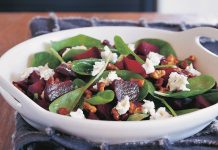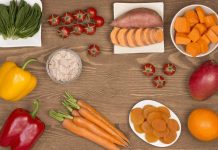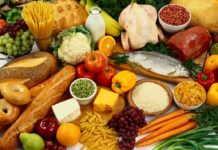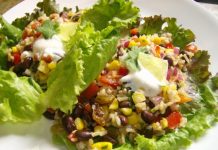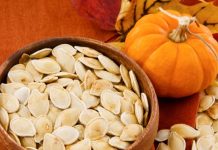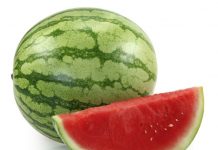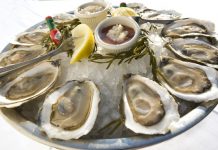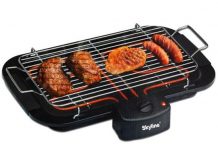Nowadays, for the most part, people are aware of health and they are also taking care of healthy eating and that is the reason overall sales of natural and organic foods increased 7 percent for every year. Just when you think it goes to your most loved store food in good health and grabs all “healthy” was sure to turn off the shelves, we pick with some “health” foods are deceptive important, and we think our body needs to eat better, we are truly in error.
Peanut Butter
We have a good relationship with peanut butter. We love the taste and its proven ability to help build muscle, burn fat, and even fight heart disease, but we hate that those advantages only apply when you enjoy the creamy spread in moderation. As it were, spooning it straight out of the jar (multiple times each day) isn’t a smart idea. Why not? Consider this: two large spoonful can pack nearly the same number of calories and fat as a Snickers bar! At around 100 calories per tablespoon (about the same as regular butter), your best option is to enjoy peanut butter sparingly in recipes like these (and then put away the jar!).
Raisins
Raisins aren’t nutrition villains, but they are considered a ‘calorically dense’ food, meaning that you can consume a lot of calories by ingesting only a little amount. For instance, one small box contains 129 calories. You can consume two cups of grapes for the same amount, making this one snack is enough (if you are really hungry) in order to maximize your calories.
Coconut Milk
They have the potential to speed up your metabolism and help boost your weight-loss efforts, but that doesn’t make it calorie-free. One cup of coconut milk has a large 552 calories and are markable 57 grams of fat! Be sure to check your favorite brand’s name and try to find one with 100 calories or less per serving.
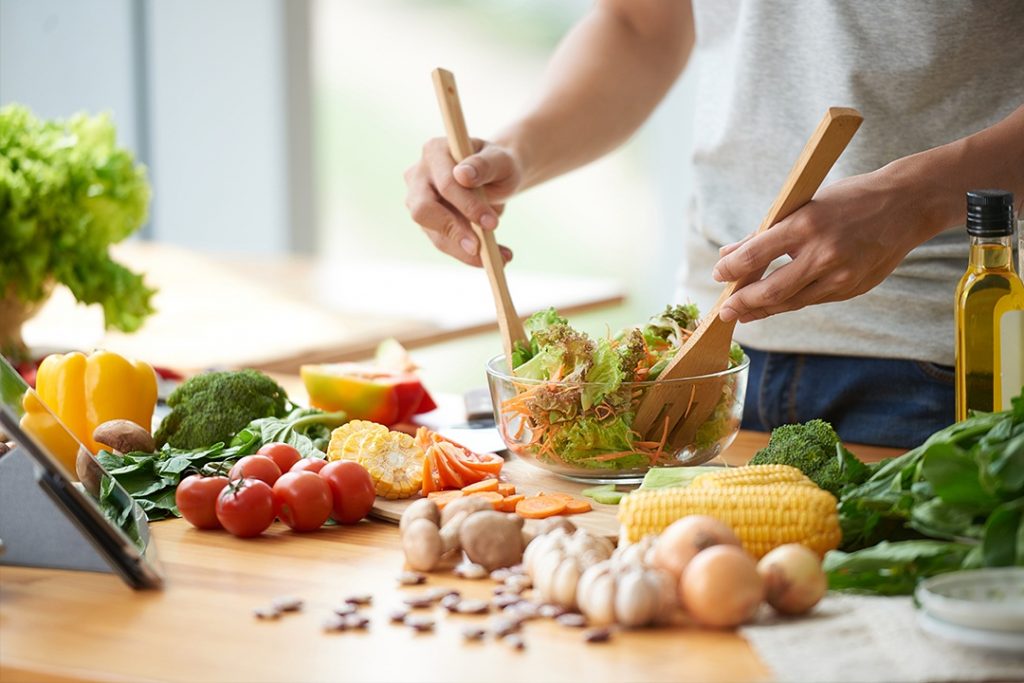
Popcorn
They can be a great low-calorie snack, but not all kernels are created equal. One small bag of popcorn at the movie theatre could be loaded with up to 630 calories and 50 grams of fat! Your best bet option is to pop your own at home and sneak it into the theatre or buy a child’s size from the concession stand (and still share it).
Greek Yogurt Cups
With about twice the protein and only half of the carbohydrates as regular plain yogurt, Greek yogurt is an excellent food to include in your diet, particularly if you’re trying to lose weight. A ¾-cup serving has around 150 calories. Not bad at all. The problem is most of us can’t handle the taste of plain Greek yogurt, and we may end up smothering it in honey or other toppings to help sweeten the flavor and rack up the total calorie count.
We don’t recommend denying yourself Greek yogurt, simply stick to plain, lower fat brands and keep your portions and toppings in check.
Whole-Wheat Bread
Don’t let the “whole wheat” label fool you most commercially prepared whole-wheat bread contains the same number of calories (sometimes even more) than white bread. Make certain to check the label of your favorite brand some ‘reduced calorie’ whole-wheat bread include more sugar or high fructose corn syrup to make up for the flavor lost with the extra calories.
Grape-Nuts Cereal
It’s often advertised as a healthy way to start your day, yet a bowlful of Grape-Nuts cereal can pack in 416 calories (per cup, without milk). What is even more surprising is its sodium content. With 580 mg of sodium per cup (and it’s not exactly packed with fiber either), there are much better breakfast options out there.
Dark Chocolate
Don’t get us wrong, we’re huge fans of flavonoid-rich dark chocolate, it’s only simple to get carried away with this delicious treat. Some bars can contain as much as 600 calories. The lesson Just because it’s dark doesn’t mean you can eat more of it. Snap off a one-inch square to enjoy every night after dinner. “Too much (dark chocolate) may constipate you or leave you wired before bedtime.”
Gluten-Free Cookies
“Gluten-free” seems to be the new diet buzzword on food labels nowadays. And keep in mind that you may choose (or need) to avoid gluten in your food, don’t get tricked into thinking that eliminating gluten automatically means you’ll lose weight. Those ‘gluten-free’ cookies are still cookies and still contain calories may be more than similarly sized regular cookies. Enjoy without gluten-free treats just like you would with any other dessert.
Olive Oil
Just 2 tablespoons of olive oil add 238 calories to your meal likely without you even realizing it. And when was the last time you stuck with a 2-tablespoon serving while cooking? Olive oil is full of healthy fat (the kind that may even help you to drop pounds), simply remember that it’s also full of calories so use it sparingly.

